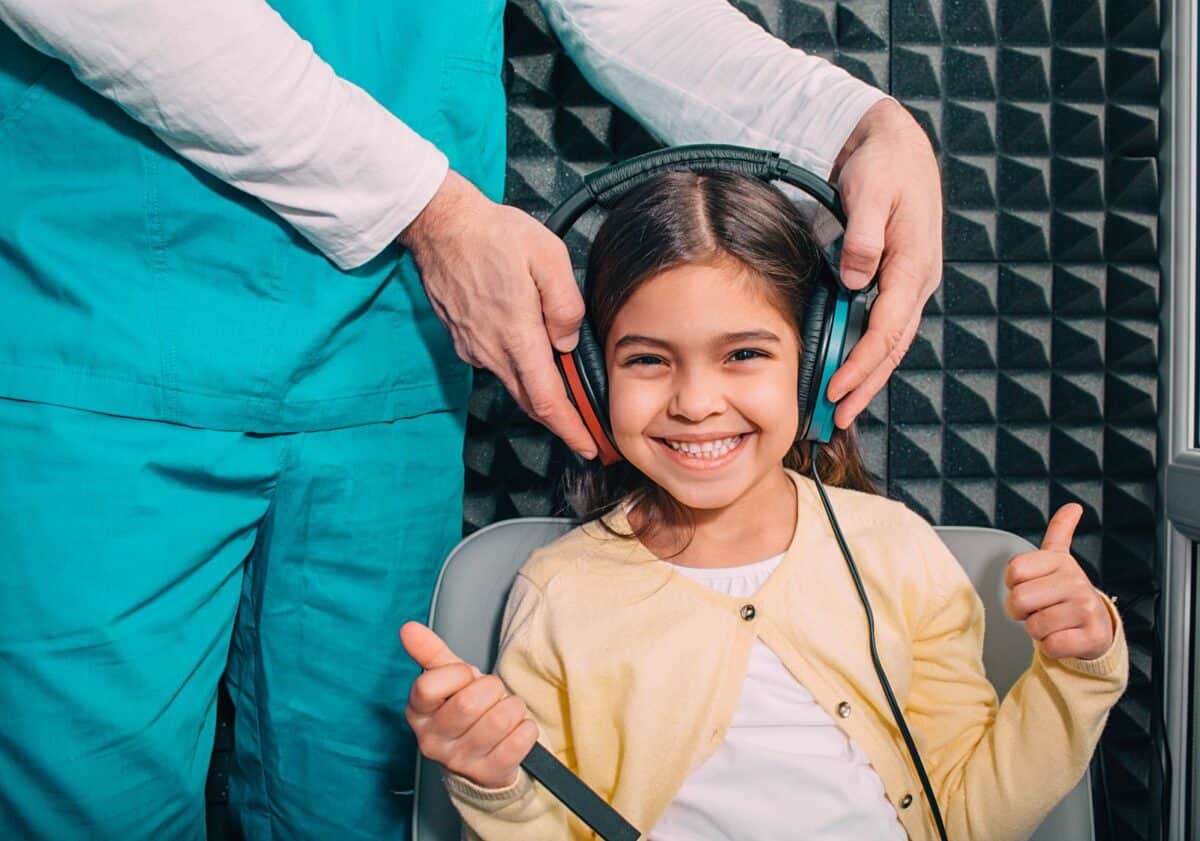- How to Recognize the First Signs of Hearing Loss - June 5, 2025
- Understanding the Connection Between Tinnitus and Weather - May 17, 2025
- The Most Unexpected Reasons Hearing Aids Can Malfunction - May 9, 2025
Hearing loss affects millions of people worldwide, making it a crucial public health concern. As we observe World Hearing Day on March 3rd, the theme for this year is “Ear and hearing care for all.” One of the central planks of this year’s theme is Tackling Ear and hearing problems at the community level.
In this article, we’ll discuss why integrating ear and hearing care within primary care is essential and how community-based interventions can tackle hearing problems effectively. We’ll also explore becoming an advocate for hearing loss treatment in your community.
Integrating Ear and Hearing Care Within Primary Care
Integrating ear and hearing care within primary care can help ensure that hearing problems are detected early and treated promptly. Primary healthcare providers can play a significant role in screening for hearing problems and referring patients to specialists if necessary. They can also provide education and awareness about hearing problems and how to protect your hearing. By integrating ear and hearing care within primary care, communities can improve access to hearing health services and promote early detection and treatment.
Community-Based Interventions for Hearing Loss
Community-based interventions can be effective in addressing hearing loss. Below are some strategies for addressing hearing problems at the community level:
Education and Awareness: Education and awareness programs can help increase knowledge about hearing loss and its impact on individuals and communities. These programs can also provide information on how to prevent hearing loss and how to support those with hearing loss.
Accessible Healthcare Services: Communities can provide accessible healthcare services, including hearing screenings and treatment options. Primary healthcare providers can play a significant role in screening for hearing loss and referring patients to specialists if necessary.
Advocacy and Policy Implementation: Advocacy efforts can help raise awareness of hearing loss and encourage policymakers to prioritize hearing health. Governments can also develop policies and regulations to protect people from excessive noise exposure and ensure that healthcare services for hearing loss are accessible and affordable.
Becoming an Advocate for Hearing Loss Treatment in Your Community
Becoming an advocate for hearing loss treatment in your community can help raise awareness and encourage action towards addressing hearing problems. You can share your story, join a support group, volunteer, advocate for policy change, and participate in events to promote hearing health. By becoming an advocate, you can help raise awareness about hearing problems, promote early detection and treatment, and improve access to hearing health services.
Encouraging your loved one to treat their hearing loss
Encouraging your loved one to treat their hearing loss can be a delicate matter, but it’s important to help them understand the benefits of early detection and treatment. Here are some ways you can encourage your loved one to treat their hearing loss:
Start the Conversation: Start a conversation with your loved one about their hearing loss and how it’s impacting their life. Be empathetic and try to understand their perspective. Let them know that you’re there to support them and help them find a solution.
Educate Them: Educate your loved one about hearing loss and the importance of early detection and treatment. Provide them with information on the benefits of hearing aids and other treatment options. Let them know that treating their hearing loss can improve their quality of life, including their ability to communicate with others, participate in social activities, and stay mentally sharp.
Offer Support: Offer your loved one emotional support throughout the process. Help them schedule appointments with hearing healthcare providers and accompany them to these appointments. Provide them with encouragement and support as they adjust to using hearing aids or other treatments.
Be Patient: It’s important to be patient with your loved one as they adjust to hearing aids or other treatments. Encourage them to wear their hearing aids consistently and be patient as they learn to adjust to the new sounds they’re hearing.
Be Positive: Encourage your loved one to have a positive attitude towards treating their hearing loss. Let them know that treating their hearing loss is a positive step towards improving their quality of life.
Encouraging your loved one to treat their hearing loss can be challenging, but it’s important to help them understand the benefits of early detection and treatment. By starting the conversation, educating them about hearing loss, offering support, being patient, and staying positive, you can help your loved one improve their hearing health and quality of life. Don’t hesitate to reach out to hearing healthcare providers for support and guidance throughout the process. Together, we can work towards improving hearing health for everyone.

